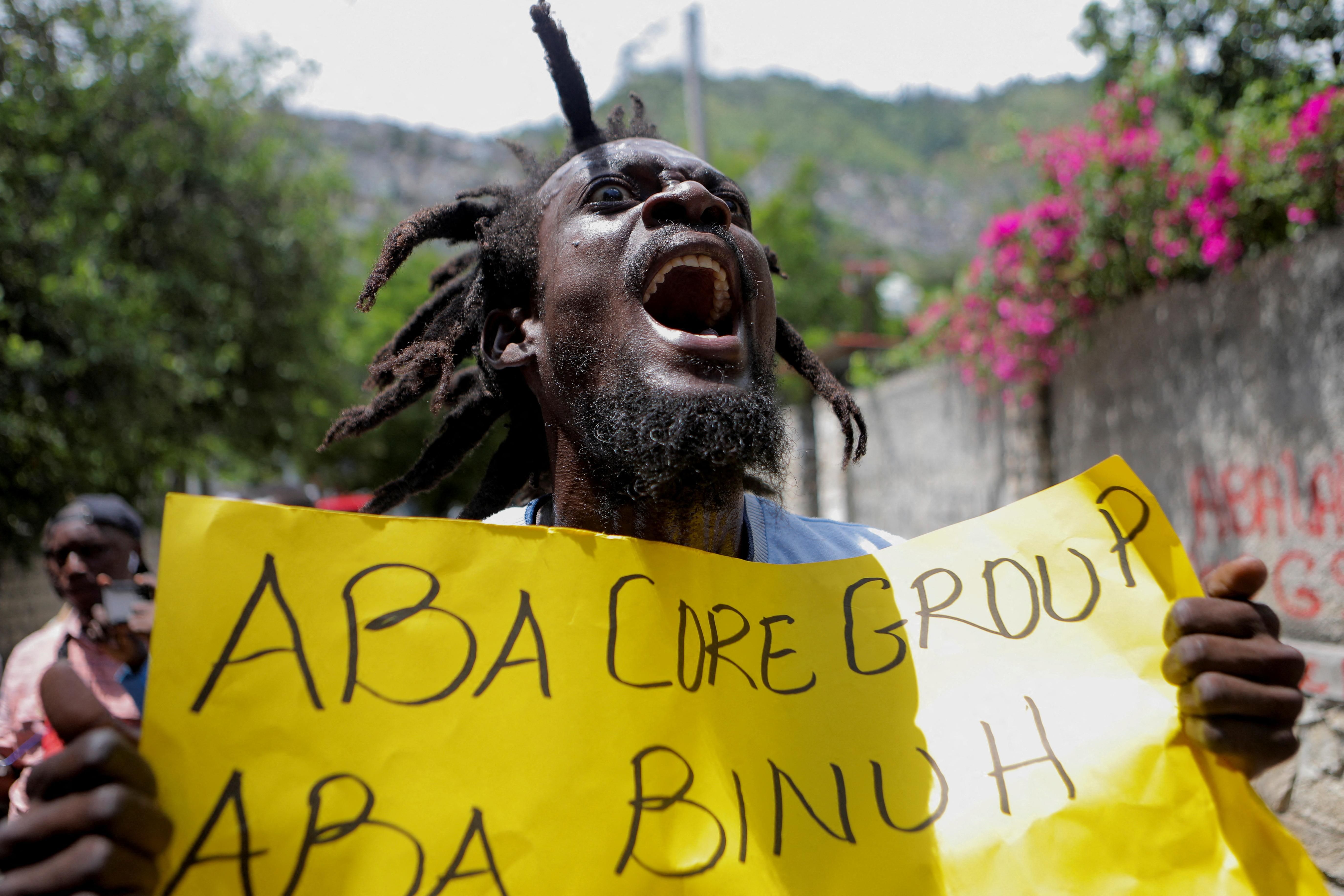6 million: Amid recent protests over Haiti’s soaring food and fuel costs, looters have swiped at least $6 million worth of UN humanitarian aid, including thousands of tons of food. The UN now says the Caribbean nation is on the brink of “humanitarian catastrophe.”
66.9: In Cuba, 66.9% of voters approved a new, government-backed “Family Code” that legalizes same-sex marriage and adoption. Reuters notes that the 33% “no” vote was uncharacteristically large by the standards of Cuba’s one-party state. The referendum was the first since the widespread legalization of mobile internet access.
100,000: Nearly 100,000 Russians have fled to Kazakhstan since Vladimir Putin ordered a partial mobilization. Kazakhstan says it is ready to welcome them and “ensure their safety.” Ties between the two former-Soviet giants have been strained since Russia invaded Ukraine in February.
57: Police in Uttar Pradesh, India’s most populous state, arrested 57 people linked to the Popular Front of India, an Islamic organization that the government accuses of violence and “anti-national activities.” In recent weeks, the Indian government has cracked down on the PFI in a number of states. Critics of the ruling Hindu nationalist BJP say it discriminates against Muslims.
This article comes to you from the Signal newsletter team of GZERO Media. Sign up today.